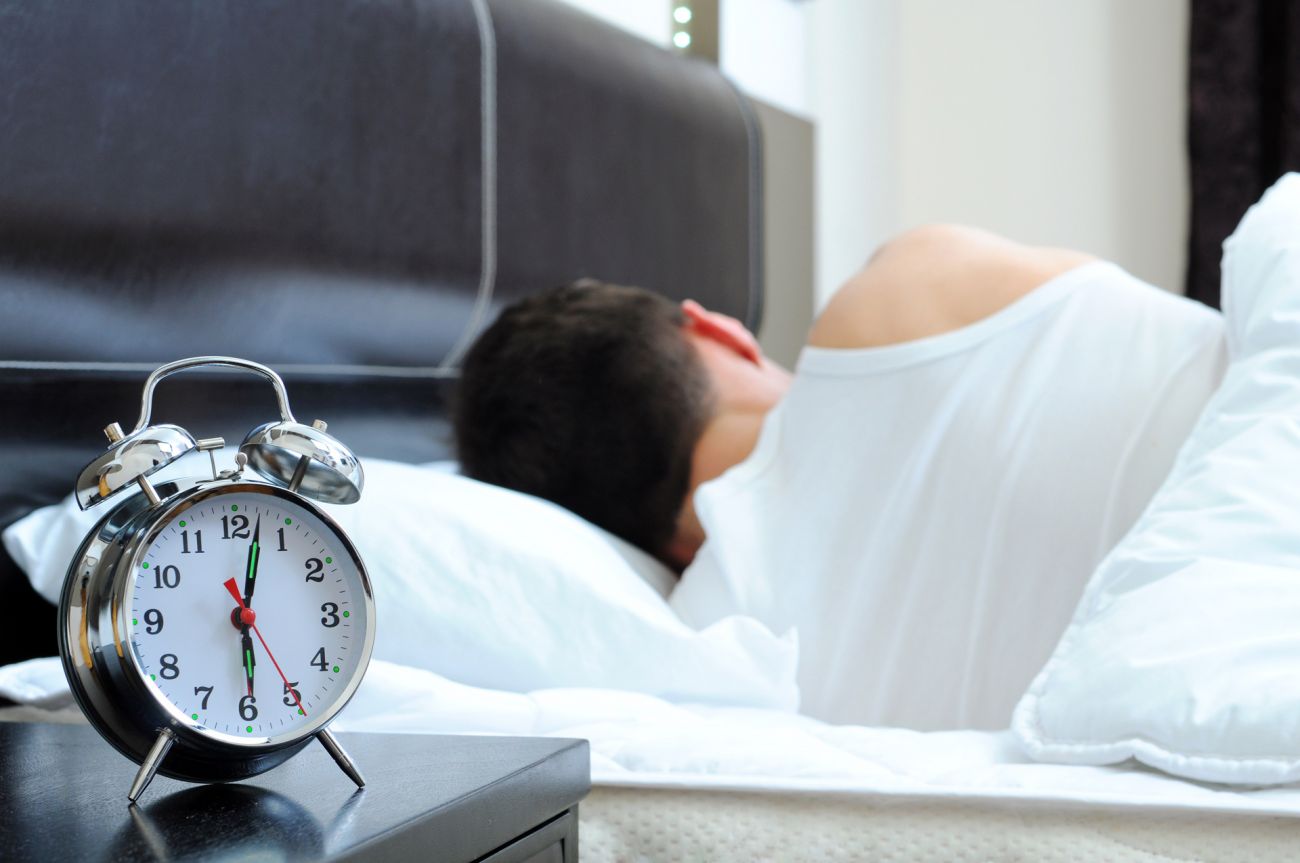Tips to remedy sleep disruptions as daylight saving time ends
We are approaching that bittersweet time of year when we gain an hour of sleep but lose an hour of sunlight. At 2 a.m. on Sunday, November 6, most Americans will set their clocks back one hour as daylight saving time ends.
In theory, 'falling back' means lighter mornings, darker evenings and an extra hour of sleep this weekend. But the resulting shift in the body’s daily sleep-wake cycle can disrupt sleep for several days.
Proper shut-eye is essential to overall health and quality of life. Lack of sleep can interfere with thinking, memory, judgment, sexual function and increase risk of obesity, stroke, heart disease, diabetes and cancer.
While it can take up to a week to adjust to the jet lag-like feeling that comes with turning the clocks back, there are a few tricks to beat the transition.
Get plenty of light: When it starts to get dark out early, turn on the lights around the house to remind your brain that it’s not quite time for bed. Get outside during the day for natural light. If it’s too cold, open your blinds to let some sunshine into your home or office.
Maintain a regular sleep schedule: To ensure healthy sleep patterns, maintain a strict sleep schedule. Go to bed and wake up at the same time each day. This allows your body to regulate itself.
Get to know your sleeping habits: The right amount of sleep for each person varies. One way to find your ideal number of sleep hours is to choose a weekend when you can sleep without an alarm and see when you naturally wake up.
Exercise: It is important to stay active during the day without becoming overly fatigued. You may fall asleep quicker and sleep better because you had a more active day.
Take a break: Short naps (no longer than one hour) can help. But if you have trouble falling asleep at night, re-evaluate whether that nap is beneficial to you.
Relax: Listening to relaxing music or a meditation CD, reading a book, taking a warm bath, or drinking warm milk may help you fall asleep. Whatever helps you relax at night is a good activity to do before bed.
Unplug from technology: Give your mind a chance to unwind before trying to fall asleep. The blue light emitted from the screens on your computer, cell phone, tablet and television can keep you awake by suppressing melatonin, a hormone that controls your sleep-wake cycle. That’s why it’s best to ditch any devices at least 30 minutes before bed.
Make better food choices: Limit your intake of caffeine and other stimulants especially later in the day. Limit fluids after 7 p.m. and refrain from eating large meals near bedtime.
